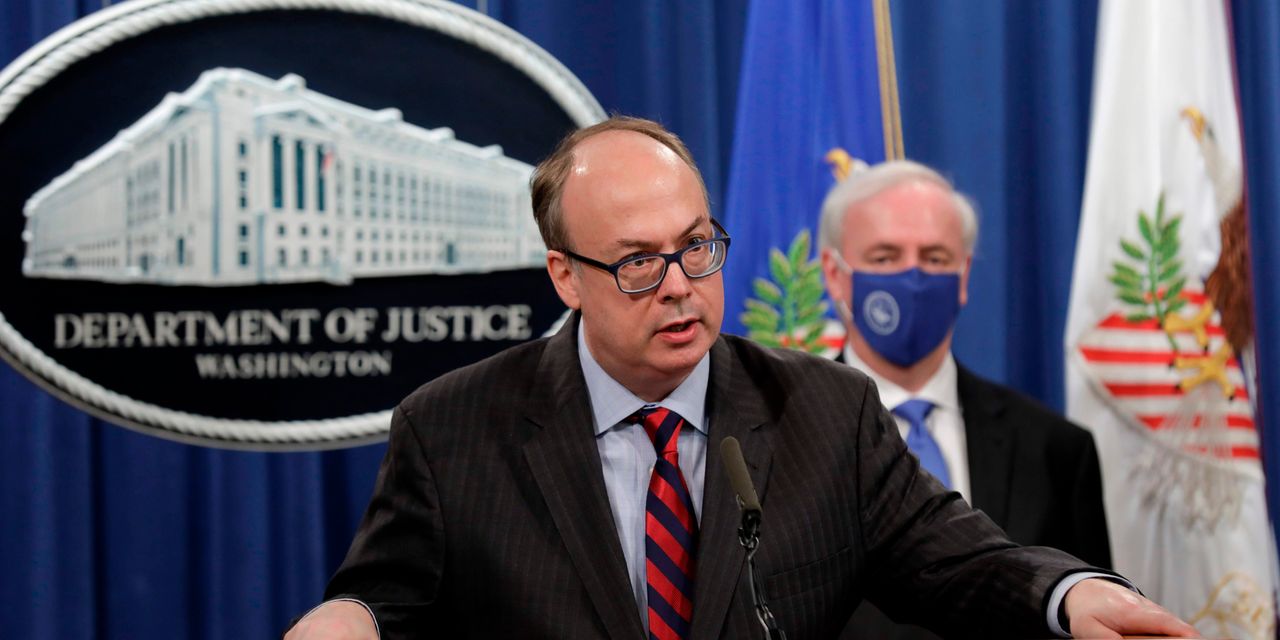Trump pressed Justice Department to take election-fraud claims straight to Supreme Court

WASHINGTON — In his last weeks in office, former President Donald Trump considered moving to replace the acting attorney general with another official ready to pursue unsubstantiated claims of election fraud, and he pushed the Justice Department to ask the Supreme Court to invalidate President Biden’s victory, people familiar with the matter said.
“ ‘The pressure got really intense.’ ”
Those efforts failed due to pushback from his own appointees in the Justice Department, who refused to file what they viewed as a legally baseless lawsuit in the Supreme Court. Later, other senior department officials threatened to resign en masse should Trump fire then-acting Attorney General Jeffrey Rosen, according to several people familiar with the discussions.
Don’t miss: Trump campaign’s election-fraud claims weren’t really designed to win in court
Senior department officials, including Rosen, former Attorney General William Barr and former acting Solicitor General Jeffrey Wall refused to file the Supreme Court case, concluding that there was no basis to challenge the election outcome and that the federal government had no legal interest in whether Trump or Biden won the presidency, some of these people said. White House counsel Pat Cipollone and his deputy, Patrick Philbin, also opposed Trump’s idea, which was promoted by his outside attorneys, these people said.
“He wanted us, the United States, to sue one or more of the states directly in the Supreme Court,” a former administration official said. “The pressure got really intense” after a lawsuit Texas filed in the Supreme Court against four states Biden won was dismissed on Dec. 11, the official said. An outside lawyer working for Trump drafted a brief the then-president wanted the Justice Department to file, people familiar with the matter said, but officials refused.
An expanded version of this report appears at WSJ.com.
Trending at WSJ.com:
The House resolution to remove Trump from office before his term expired on Inauguration Day
Twitter, Facebook and the rules of what can be said on social media
*** This article has been archived for your research. The original version from MarketWatch can be found here ***


